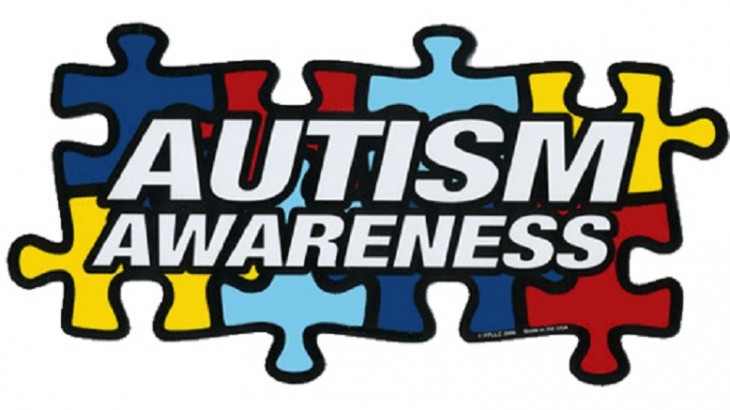Understanding autism

Autism is a lifelong developmental disability which affects how a person communicates with and relates to other people and how they experience the world around them.
Autistic people see, hear and experience the world differently to others. They may have difficulty expressing their emotions and recognising or understanding others' feelings and intentions. They may also have trouble interpreting both verbal and non-verbal language like gestures or tone of voice.
Keep an eye on our social media channels @myroyalmailuk this week as we speak to Sam Green - who once appeared on Channel 4 programme The Undateables - one of our RMtv presenters, about working with autism.
If you are autistic, you are autistic for life; autism is not an illness or a disease and cannot be ‘cured’. However, there are a range of approaches, therapies and interventions to help support and improve the lives of autistic people.
Often people feel being autistic is a fundamental aspect of their identity. All autistic people share certain difficulties, but being autistic will affect everyone in different ways. Some autistic people also have learning difficulties, mental health issues or other conditions, meaning different people need different levels of support.
Autism, including Asperger syndrome is more common than many people think. At present, there are around 700,000 people living with autism in the UK, that’s more than 1 in 100. People from all nationalities and cultural, religious and social backgrounds can be autistic, although it does appear to affect more men than women.
Caring for someone with autism
If you care for someone with autism, their wellbeing will always be your main concern. But it’s important that you also consider your own needs and get the help and support you are entitled to. For confidential advice on all aspects of caring, call the Carers Direct helpline on 0300 123 1053.
Support for you
Many of our people balance parental and caring responsibilities with their careers. We aim to help them balance these duties with their day-to-day working life. Our Parents & Carers steering group advocates for carers and offers support to those who need it. They can support you with formal flexible working requests and approvals and advise you on the types of flexible working available.



